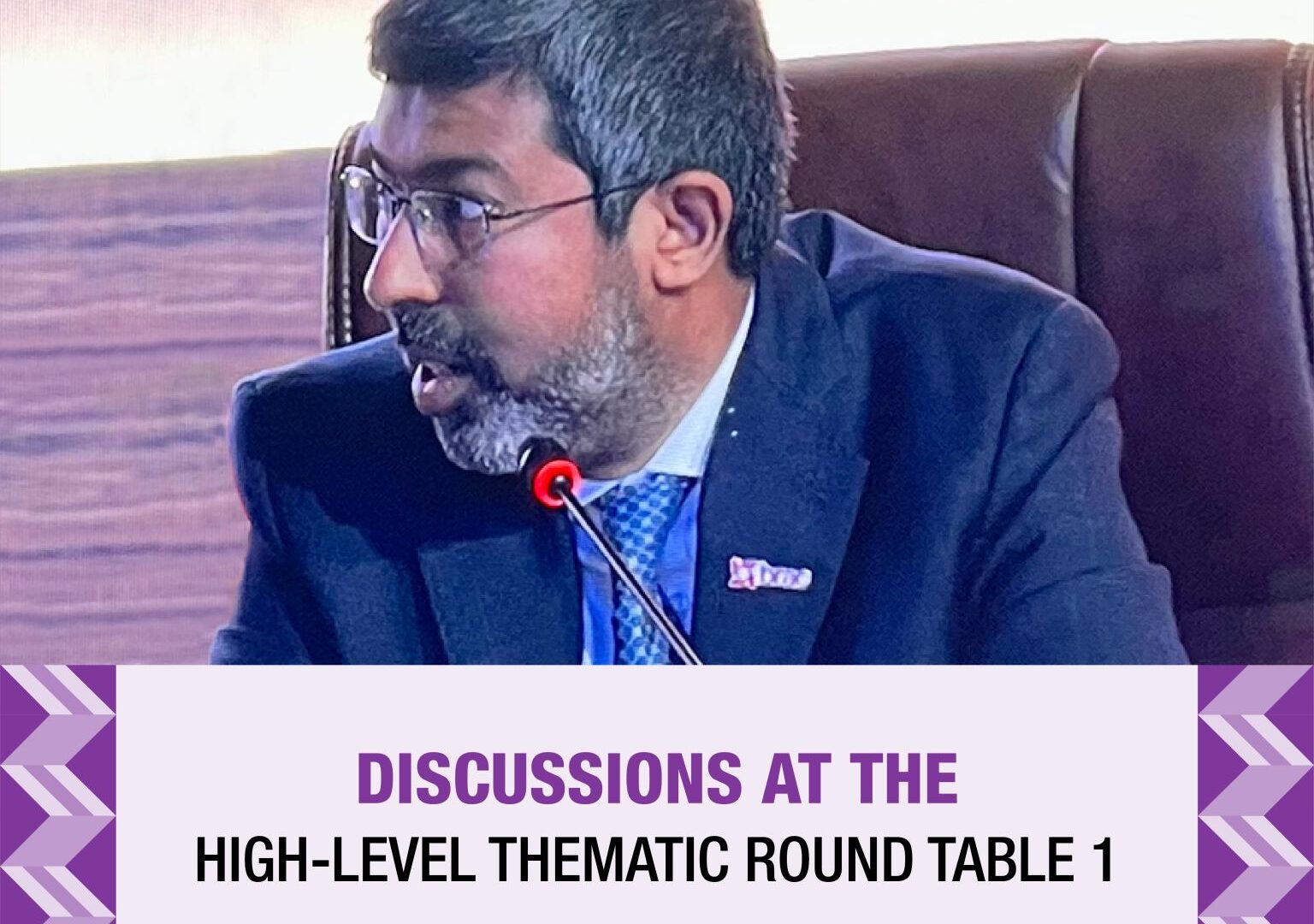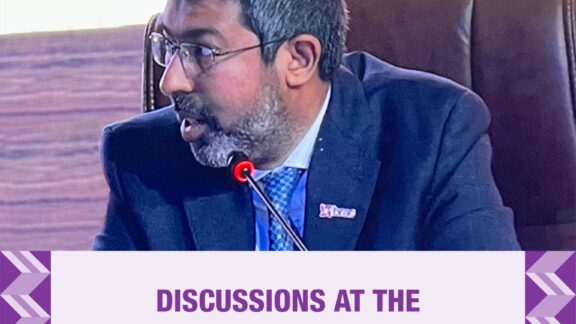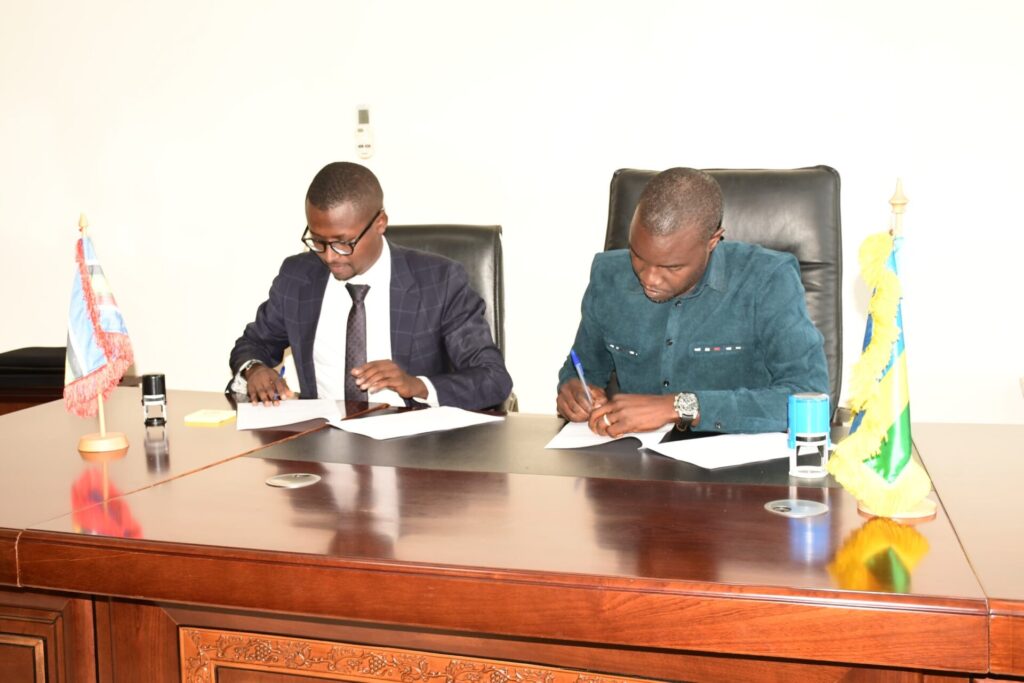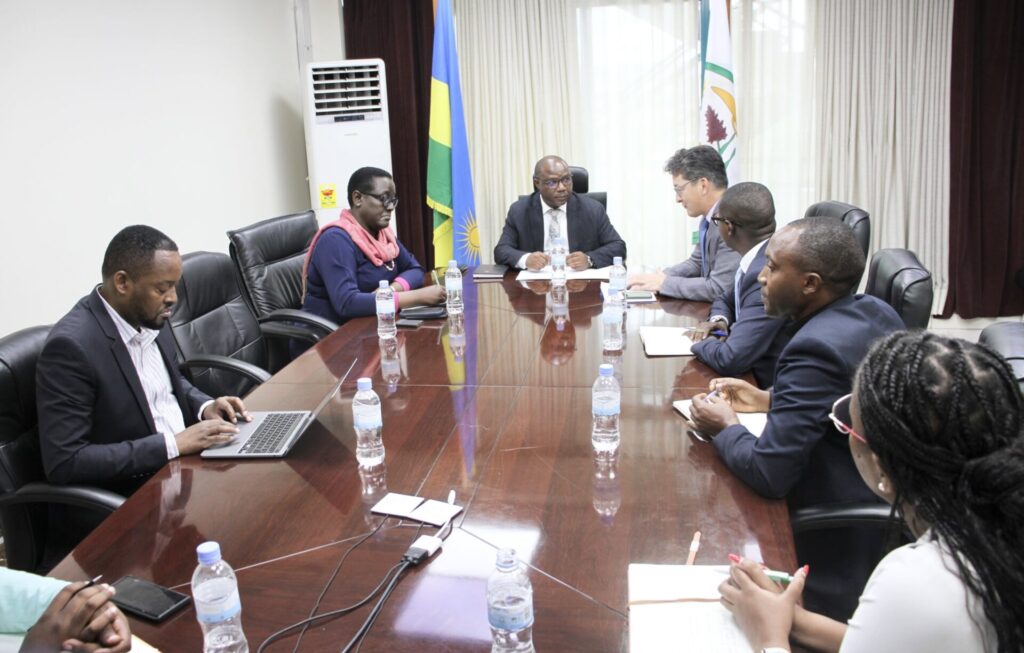This was originally posted by the United Nations covering the first high-level thematic roundtable at the fifth United Nations Conference on the Least Developed Countries on March 5, 2023. Read the full article here.
With least developed countries fast approaching tipping points across a range of interlocking crises — including climate change, conflict, and the first increase in extreme poverty in a generation — speakers today stressed that the international community must rise to the occasion, as the fifth United Nations Conference on the Least Developed Countries held the first of its eight high-level thematic round tables.
The Conference then turned to its lead discussants, Shameran Abed, Executive Director of BRAC International; and Cristina Duarte, Under-Secretary-General and Special Adviser on Africa.
Mr. Abed noted that between 1980 and 2020, there was steady progress every year in reducing those living in extreme poverty — but with the interlocking crises of COVID-19, conflict and climate over the last three years, that number is rising for first time in generations. However, eradication of extreme poverty need not seem a distant dream, he said, noting that his organization and many others have realized that initiatives like the graduation programme have illustrated that investment with targeted wraparound services are extremely successful. He stressed the message that evidence exists that programmes can pull people out of ultra and extreme poverty but need political will for Governments to massively scale them up. “What we need to do is stop tinkering around the edges,” he stated, hoping the Doha Programme of Action galvanizes the international community and Governments to invest in such evidence-based approaches at scale to deliver on the promise made at the start of the Sustainable Development Goals. “Those living in the harshest forms of poverty demand nothing less of us,” he stressed.





